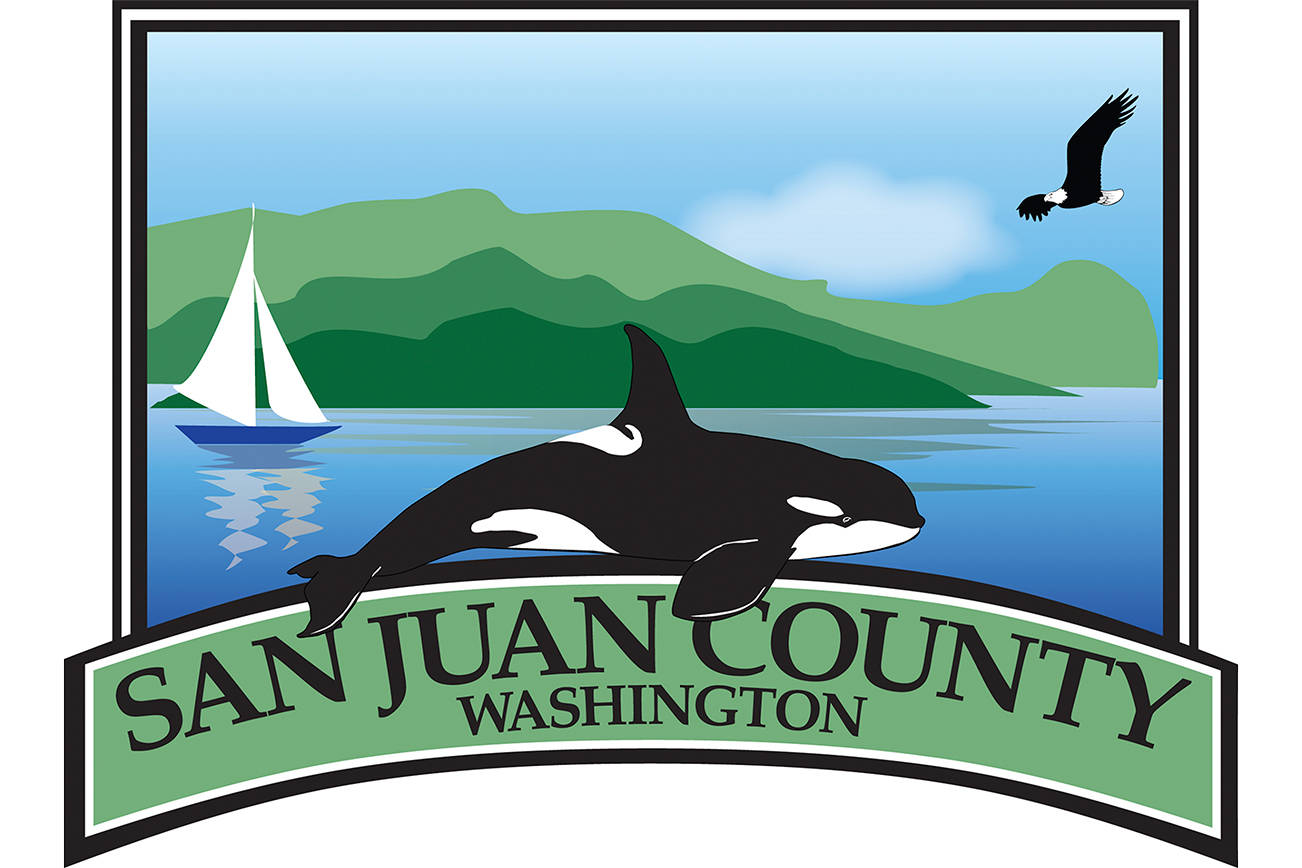More than 40 people have paid nearly $58,000 in penalties since new vacation rental rules became effective in March.
“The new regulations made it illegal to advertise a vacation rental without a permit,” said Erika Shook, director of San Juan County Department of Community Development. “San Juan County Code Enforcement is monitoring online vacation rental sites to find unpermitted vacation rentals.”
As of March 27, vacation rental landlords must annually certify compliance with the conditions of their permit approval; include their permit number in all advertising; have a contact person for complaints and emergencies located on the island where the rental is located; and have rules of conduct addressing solid waste, noise, speeding, trespassing and water conservation. Those with existing permits have until Dec. 31 to comply with the stipulations.
Current vacation rental permits don’t expire, but, under the new code, any issued on or after March 27, 2018, will have to be renewed every two years. Today’s permit owners also do not have to comply with the new code’s limitations on the number of parking spaces and overnight guests. Current permit owners are required to have two parking spots for each vacation rental, but the new code mandates a parking spot for each bedroom of the rental.
Existing permit owners are also allowed to have three people per bedroom, while the new code limits guests to two per bedroom, though more guests are allowed elsewhere in the home.
In addition to the penalties already collected, Shook said there are several pending investigations against violators.
The regulations allow the county to charge $2,300 if they find an unpermitted vacation rental and $100 a day after that. Before the changes, county staff charged $500 for the first 45 days of the violation.
The funds collected are put toward the county’s general fund, which goes to day-to-day operations. Additionally, permitted vacation rentals collect lodging taxes.
“Anyone who rents for less than 30 days in the state of Washington is required to pay state and lodging tax,” said Councilmember Rick Hughes, adding that once a person is found in violation, their address is turned over to the state department of revenue. “That’s an important part of it. … It’s important to know the county is going to be actively enforcing this ordinance.”
In a memo dated March 1, 2017, Shook wrote that 964 vacation rental permits were issued since 1990. The records are unclear prior to 1998, however, so it was noted the statistics may be unreliable before then. The memo says that the numbers have remained stable while construction of new houses has been declining. Seven percent of all county homes were permitted vacation rentals at the time of the document.
“Over the last 16 years, an average of 51 vacation rental permits was issued per year,” the memo read. “The highest number was 129 permits in the year 2000. The second highest year was 2016 with 71 permits.”
Shook said that there have been 51 vacation rental permits issued in 2018.
Hughes was the only council member to object to the code expansion. Though most of the regulations were written by him and included his ideas and concepts, he said he felt that existing permit holders should not have been included.
“I didn’t like the direction we were going on some of the existing permit holders,” Hughes said. “I think if someone has done a permit and done the right thing … they should be held under the rules at that point in time. … I don’t ever want to have our county go down a pathway that affects people’s rights.”
To view properties with vacation rental permits, visit https://sjcgis.org/vacation-rental-permits.
To read the code amendments, visit https://bit.ly/2DTxOeP.



